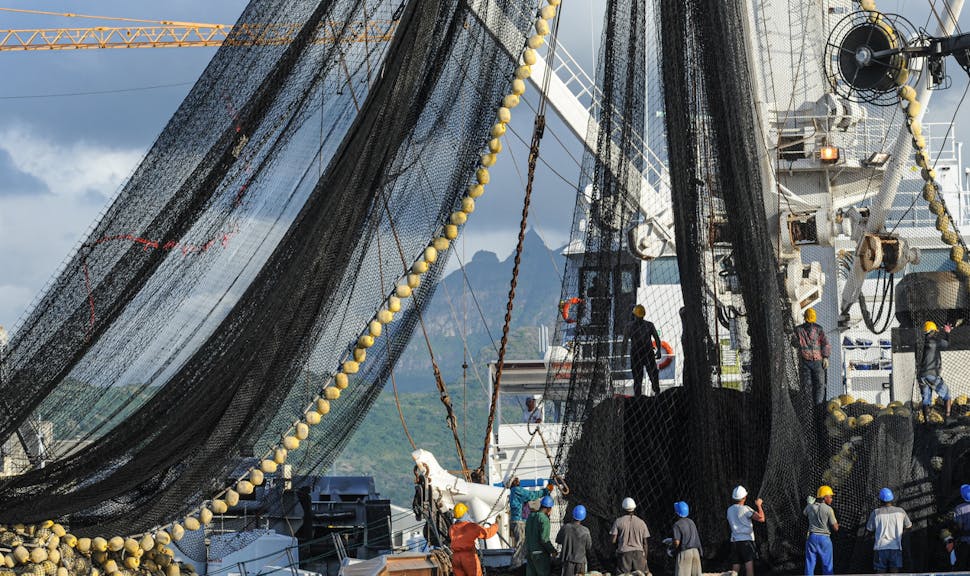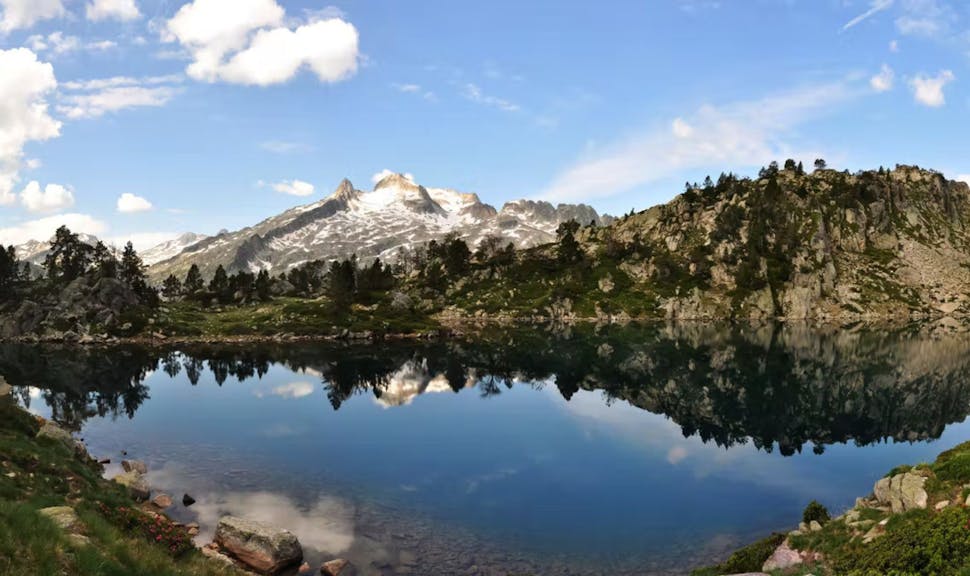

Xavier VeyryAXA XL CEO, APAC & Europe
October 5, 2021
Valuing Client Actions to Reduce Carbon Emissions and Promote Biodiversity
Insurers are beginning to value client actions to reduce carbon emissions and promote biodiversity. AXA XL's Chief Executive Officer for APAC and Europe offers his perspective.
4 minutes
Original Content : AXA XL
Thomas Buberl, AXA Group CEO, was recently asked whether the Group's strategic focus on climate leadership clashes with its fiduciary duty, especially regarding investment decisions and underwriting policies. His response was:
This has not raised fiduciary duty concerns because it is congruent with long-term business perspectives: are companies that fail to adapt their business with the need to transition to low-carbon models going to be sensible investments in the future? With the fast and comprehensive pace of change we are seeing, we think not.
I agree. And as a regional leader for AXA XL, our mandate is clear: How can we support client efforts to achieve a net-zero future and protect natural ecosystems? We are embracing this new mandate in two ways. First, AXA's Board of Directors has decided that the firm will no longer underwrite certain highly polluting and carbon-intensive activities. Our second response is more nuanced and it requires other industry leaders and us to recognize what clients are, or aren't doing, to achieve a net-zero future and protect the environment. Although implementing this mandate is still in its early days, two recent cases, one from Italy and one from France, demonstrate what this can look like.
An industry first
AXA XL is one of the most significant participants on Enel's All-Risk Property program; the company is a multinational power company and a leading integrated player in the global power and renewables markets.
Enel established a corporate goal to reach 55 percent of total installed capacity from renewable sources by the end of 2021.
The company notes that this was in response to the United Nation's Sustainable Development Goals (SDGs), specifically SDG 7, Affordable and Clean Energy.
While discussing the 2021 renewal, Enel asked if AXA XL and the other insurers on the program could link the premium to this goal, and we and the others agreed. This pioneering insurance initiative integrates sustainability criteria into an insurance program and, despite hardening
market conditions, recognizes and rewards the specific, concrete steps Enel is taking to transition away from fossil fuels and toward renewable energy sources.
Preserving biodiversity
From the food industry to advanced chemistry or medicine, many of our clients rely directly or indirectly on nature, as their production processes require healthy ecosystems. However, the World Wildlife Federation reports that about half the species in the world's most important natural areas are threatened by climate change. Biodiversity loss represents another existential threat to our health and the resilience of our societies, and we must act now to safeguard and promote a balanced diversity.
Threats to natural areas and declining biodiversity prompted the French government in 2016 to adopt a law concerning the recovery of biodiversity, nature and landscapes.
Under this law, individuals and companies that fail to adequately protect natural ecosystems are subject to fines and even criminal penalties for more serious violations. They also must restore damaged sites to their baseline
conditions.
This last provision—restoration to the baseline—gained considerable attention from some of AXA XL's largest French clients. They questioned, in effect, how the relevant agencies would determine that a restoration effort had returned a site to its original condition? And what if the area was degraded previously?
In response to this issue, ACT4Nature convened a working group to help guide French companies on how best to comply with the new biodiversity law. (Act4Nature is an alliance of leading French companies, academic bodies and public institutions that aims to accelerate concrete business action in favor of nature.
) The working group made two recommendations. First, conduct independent ecological assessments of nearby natural areas to establish a baseline. Second, integrate these results into the company's accident prevention and management plans. That way, the company has a greater understanding of—and appreciation for—the natural environments where it is operating and clear direction on what restoration efforts would need to accomplish following any accidents.
Again, the issue was how insurers could recognize client efforts to protect the environment. The new practice: clients that act on both recommendations will receive a 25 percent reduction in the deductibles in their Environmental Risk policies. Marsh France played a leading role in developing this provision.
These examples from Italy and France show that underwriters can play a unique role by integrating broader societal priorities in their core underwriting activities. And I believe that such initiatives will become the norm as the industry collectively embraces its role in supporting the transition to a net-zero emissions economy.
For instance, last July, eight of the world's leading insurers and reinsurers established the UN-convened Net-Zero Insurance Alliance (NZIA). This Group, which AXA chairs, is committed to transitioning their insurance and reinsurance underwriting portfolios to net-zero greenhouse gas emissions by 2050. The Alliance also exemplifies how many leading businesses are reassessing their climate change commitments ahead of COP26. Or, as Alok Sharma, the president of COP26, put it, In the fight against climate change, it is vital that we have the ingenuity, influence and energy of the private sector on our side.
We are proud to be part of this game-changing Alliance and are committed to continue creating innovative solutions that help our clients, our industry and the planet become more resilient.
Tags:
Biodiversity


